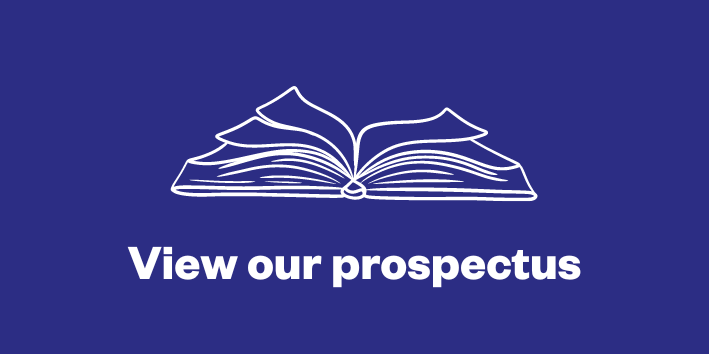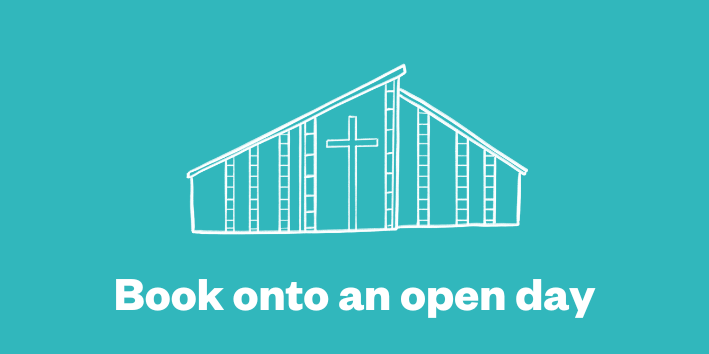
Highly favoured
So, what do we make of Mary? Once more this year, she’ll feature prominently in Nativity plays up and down the land – even if they’re socially distanced or online thanks to Covid-19.
All four Gospels describe her as the mother of Jesus, yet Matthew and Luke confirm that she was a virgin when she fell pregnant with him. So, hardly an ordinary mum, then. Given that she and Joseph could only afford to offer pigeons and doves when they presented their new-born in the Temple, we can assume her background was pretty modest. Yet the Angel Gabriel tells her she’s ‘highly favoured’ and her relative Elizabeth says she’s ‘blessed among women’.
Then again, scandal threatens her because Jesus has been conceived out of wedlock, and the aged Simeon, who’s been waiting for the Messiah all his life, predicts that her soul will be pierced by what unfolds later – as it is when she stands on Calvary and sees Jesus crucified while he’s still a young man.
Mary’s biblical legacy
Moorlands is an Evangelical college. We’re committed to the supreme authority of Scripture – and Mary’s an important Scriptural figure. Yet Evangelicals sometimes find it hard to preach, teach and write about her – mostly because of what later church traditions bolted on to her biblical legacy. The idea that she herself was sinless. The notion that she remained a virgin despite being shown with further children in Mark 6 and Matthew 12. The teaching that she was taken up into heaven before she died, like Enoch or Elijah. All without biblical foundation. Even so, as we reject such embellishments, we shouldn’t downgrade the key role Mary occupies in God’s coming to be with us in Jesus – and in his later ministry, too.
When a wedding feast runs out of wine in John 2, Mary applies what she’s learned as Jesus’ mother, suggesting that he could rescue the situation. He questions her timing, but like a good son he turns water into wine anyhow, and she says to the servants, “Do whatever he tells you”.
When I worked at the Evangelical Alliance the boss, Clive Calver, would reflect that this was the best spiritual advice anyone gave, ever. He wasn’t wrong. Further on, Mary appears to have been widowed and has to accept Jesus’ teaching that he has a wider family of disciples with whom she’ll have to share him. That’s never clearer than when she endures his execution and is told by Jesus from the cross that John will become her ‘son’ and she John’s ‘mother’, as John takes this now doubly-bereft women into his home. Yet once Jesus is risen, she’s still active among the disciples in Acts 1, praying for the Church’s fledgling mission.
The importance of discipleship
All this confirms that despite more fanciful depictions of Mary in later history, she’s a key role model for something to which all Christians are called – namely, discipleship.
Firstly, discipleship is about obedience to God’s Word. While a young virgin, Mary said to God’s messenger Gabriel: “May it be to me as you have said.” As she raised the Word of God made flesh in her own home and accompanied him in his ministry, she saw the promises God had made to her come true. And her obedience became a model for others: “Do whatever he says.”
Secondly, discipleship is about faithfulness. Mary must have been terrified to learn that she’d bear a divine Son conceived by the Holy Spirit. Yet Gabriel says: “The Lord is with you”, and “Don’t be afraid”. And she believes him. Thereby she believes God, and never ceases to believe – even as Jesus dies in front of her.
The one who said Yes to God
This has been a hard year. Covid has shredded our nerves and tested our patience. Some of us have got sick with it; others have seen loved ones suffer and even die from it. I’ve known Christians whose faith has been deepened through Lockdown; but I’ve seen other believers struggle. As Christmas approaches, we can gain strength by refocussing on the vulnerable child in the manger who was and is the Saviour of the world – our Saviour. He was the focus of Mary’s faith, the ground of her faithfulness: “Do whatever he tells you”. Yet even as Mary points us always to Jesus, we can pause and thank the Father for her example, too. The example of the one who obeyed and believed despite the many challenges she faced. The one who said Yes to God.
David Hilborn,
Principal of Moorlands College



